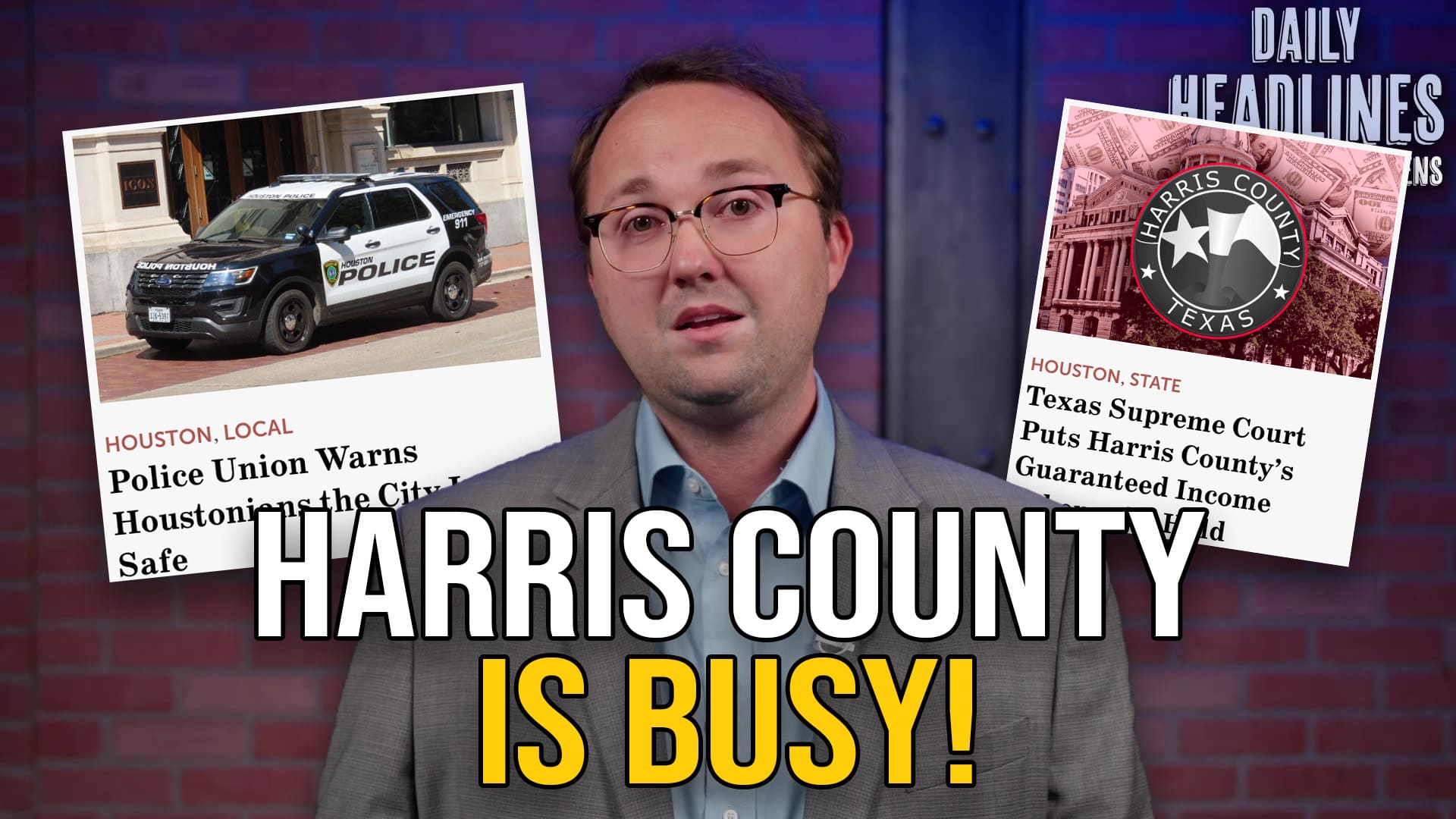While hailed as a pioneering city on the frontier of technology and innovation, the City of Austin may move back in time on Saturday if a ballot proposition fails to pass.
At issue is Proposition 1, a petition ballot initiative that garnered over 65,000 signatures, which would repeal fingerprinting and background check regulations imposed by the Austin City Council that many say are excessive, redundant, and burdensome.
Ridesharing companies argue that the regulations are unnecessary given that their procedures are already more thorough than the processes imposed on taxi companies. Indeed, in an internal audit by Uber, 53 drivers who failed background checks to become Uber drivers had been issued chauffeur’s licenses by the City of Austin.
Both Uber and Lyft have threatened to leave the city should the measure fail to pass.
Austin City Council member Ellen Troxclair, who joined fellow council member Don Zimmerman in voting against imposing the regulations, is urging individuals to vote for Prop. 1. In an email to supporters, Troxclair said:
“Please join me in voting FOR PROP 1. Supporting Prop. 1 means that ridesharing companies will continue to operate under the same safe and reasonable regulations passed by the previous Council almost 2 years ago and supported by the recent citizen’s petition. Do not let overregulation and competing business interests push out services that have helped to reduce drunk driving, provided thousands of jobs, and improved mobility in our city.”
A recent Temple University study corroborates Troxclair’s claims, finding significant drops in California drunken driving deaths after Uber launched. According to Troxclair, drunken driving deaths in Austin were on the rise, but dropped more than 20 percent once Uber and Lyft arrived.
“If we take away the [ridesharing companies] here and in other cities, it definitely will impact DWI,” said Austin Police Chief Art Acevedo at an Austin City Council meeting. “There’s no doubt about it.”
The matter extends beyond public safety and into economic freedom. At a recent Texas Public Policy Foundation forum, conservative State Sen. Don Huffines (R-Dallas) lent his support to ridesharing companies as well as Prop. 1.
“Personal liberty is just as important as economic liberty and the role of the state is to protect the economic liberty for everyone in the state of Texas,” said Huffines.
With a “patchwork quilt” of ridesharing ordinances being imposed by Houston, San Antonio, and other major cities in the state, Huffines noted that his office was working to draft regulation that would use state sovereignty to pre-empt local ordinances that encroach upon citizens’ economic liberty.
Two items of similar legislation were proposed last session with mixed results. HB 1939 by State Rep. Matt Rinaldi (R-Irving) which specifically targeted plastic bag bans failed to receive a hearing in the Texas House, but HB 40 (known as the anti-fracking law law) was passed.
While the state legislature could weigh in on the dispute between local governments and economic liberty, it’s out of session until January of next year. Until then it will be up to citizens and their city governments. In this case, Austin citizens will choose to support economic liberty or impose regulations and give innovative businesses the boot.





